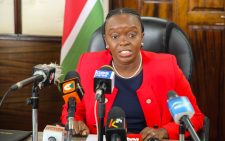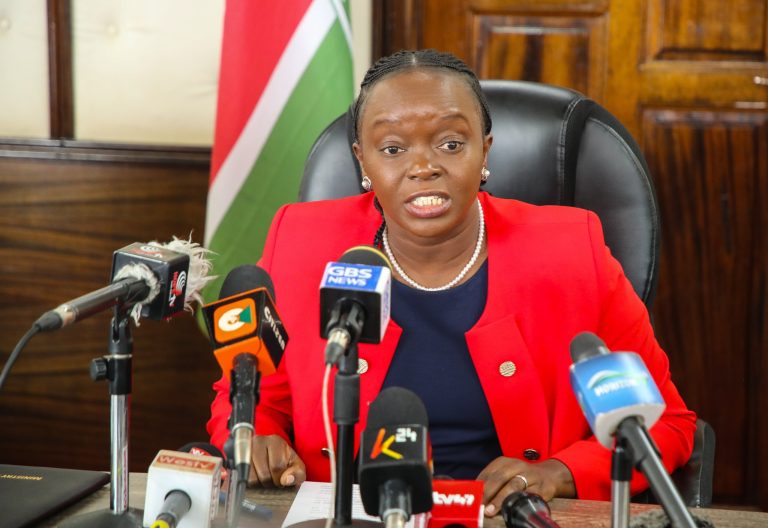Dented faith: NCCK wrangles bad for image of church

The Kenyan church is in a crisis. From the absurd antics of self-styled pastors and prophets to the verbal and physical wars in mainstream denominations, the state of the church is worrying.
Church leaders are also under scrutiny because of their relationship with politicians. The clerics have been accused of succumbing to the worship mammon and abandoning their role of preaching against corruption and other governance ills.
Besides accepting or soliciting ‘blood’ money from politicians, some church leaders are themselves neck deep in graft, mainly by fleecing their flock. This greed is often blamed for leadership wrangles in many churches.
Just when Kenyans thought the situation could not get worse, a controversy breaks out in the National Council of Churches of Kenya (NCCK), that citadel of moral direction in the country.
The leaders of the interdenominational organisation are divided on the leadership transition, following the election of Chris Kamau to replace outgoing general secretary Canon Peter Karanja.
So deep is the division over the matter that the leadership cannot agree on the agenda of a meeting scheduled for today. NCCK chair Archbishop Timothy Ndambuki has reportedly written to Karanja accusing him of trying to divide the organisation and, by extension, the church.
The infighting at NCCK is most unfortunate. At a time when the church is facing its weakest and darkest moment, Kenyans would have expected the established denominations and organisations like the NCCK to be a beacon of strength and light.
Kenya has often looked up to NCCK and other mainstream church denominations and organisations for direction in times of crises.
When the excesses of the political class overwhelm the regular structures and institutions, religious leaders are often called upon to act as a voice of reason and a non-partisan mediator.
It is worrying, therefore, when church leaders are themselves engaged in the same corrosive disagreements that characterise the political scene.
While to differ is human, we expect the religious leaders to be more restrained in their disagreements, and by so doing be a good example on how the rest of us should handle conflicts.
NCCK must strive to quickly end the current stalemate not just to avoid irreparable damage to the organisation, but also to help restore faith in the church.








